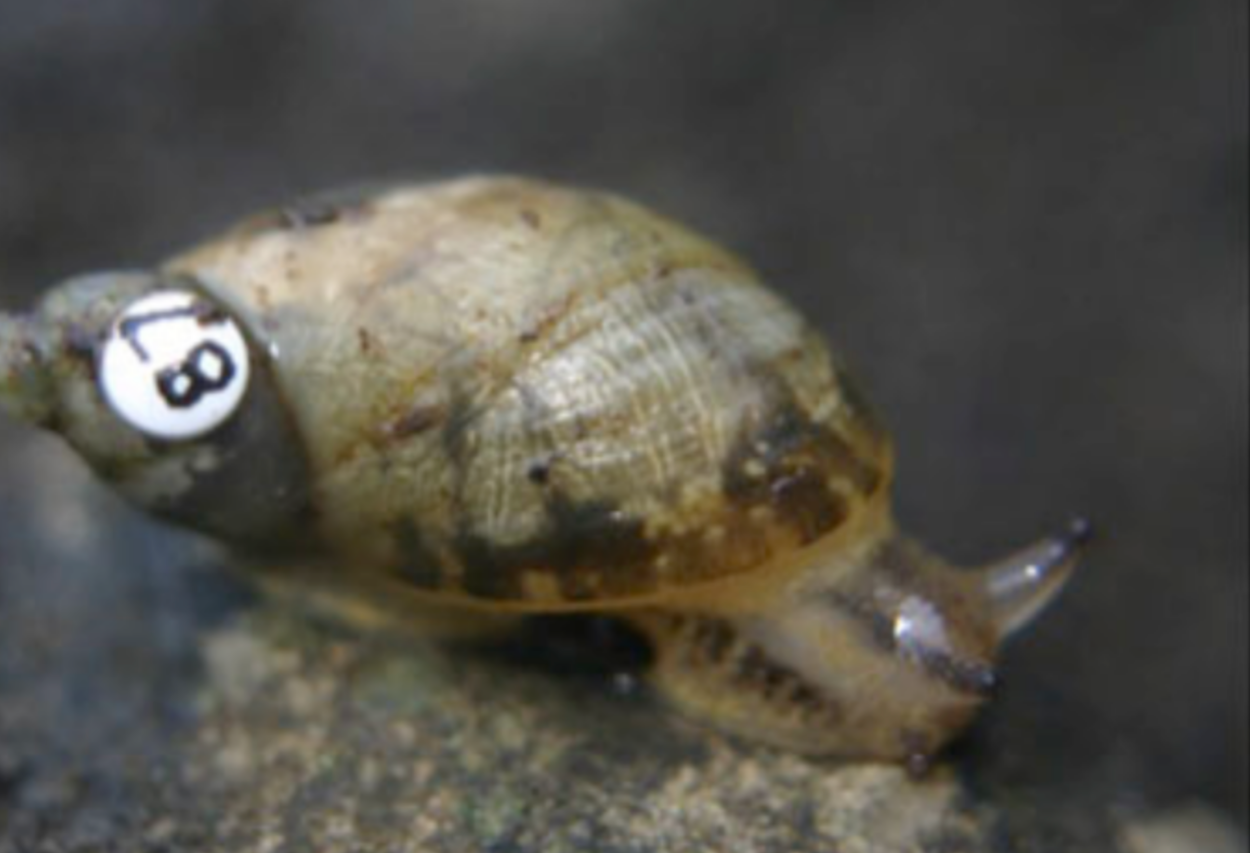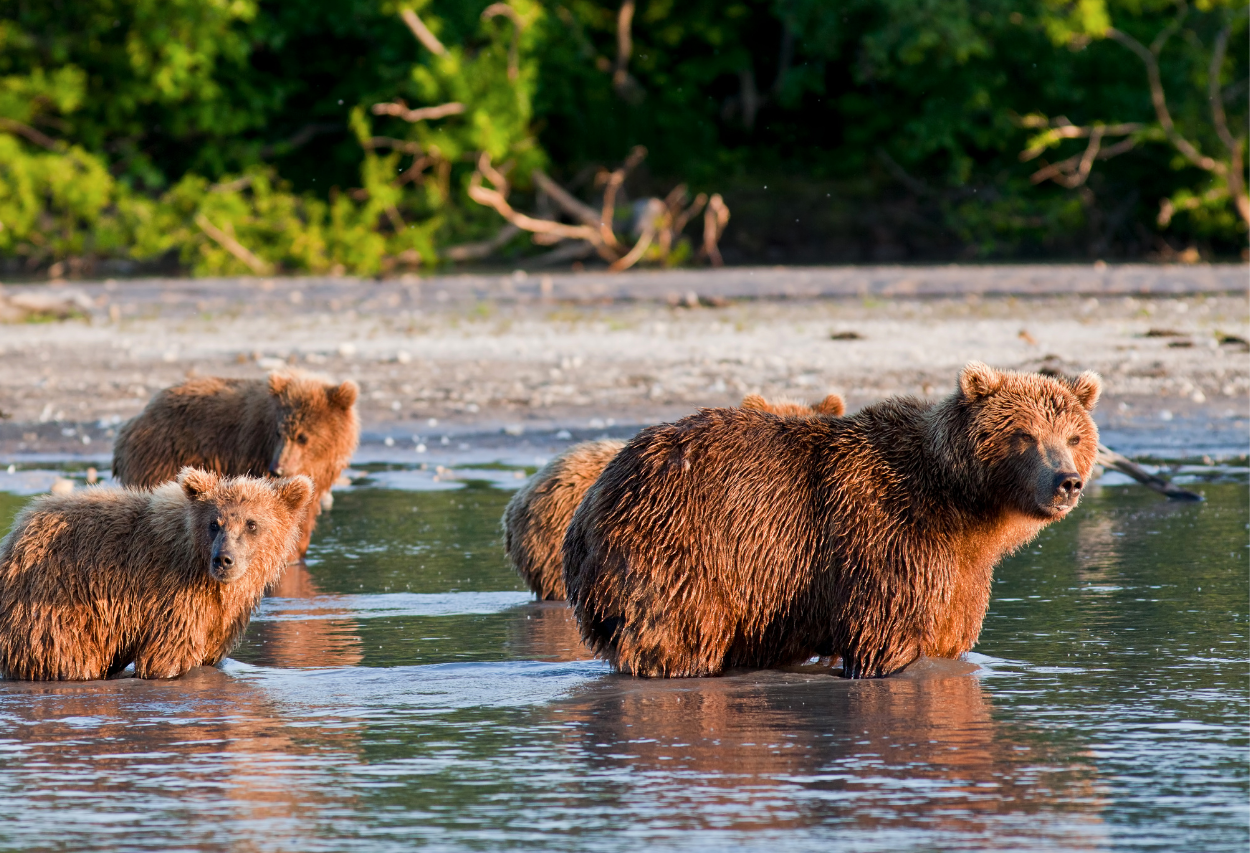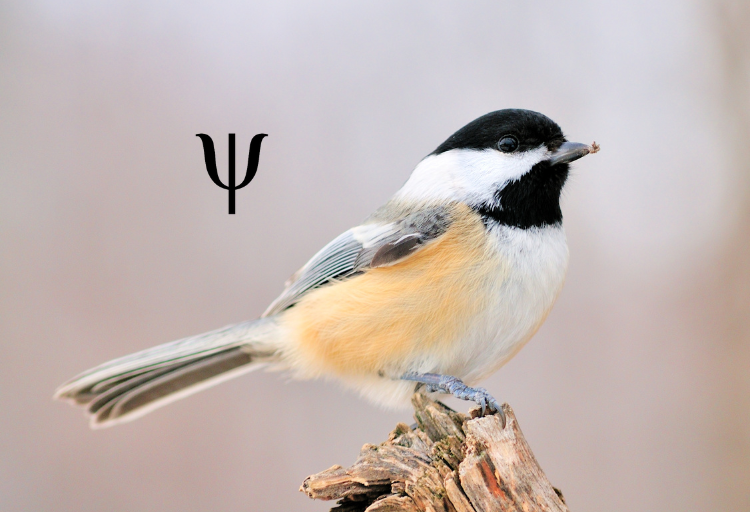Applied Quantitative Ecology
PROGRAM SUMMARY
Data analysis is essential for understanding the natural world, informing conservation efforts, and making sound resource management decisions. The Center for Wildlife Studies offers a flexible and affordable professional certificate program in Applied Quantitative Ecology.
All courses in this professional certificate program are graduate level and are designed for full-time researchers, graduate students, environmental consultants, conservation specialists, and resource management practitioners.
Taught by leading experts, participants will learn job-ready skills, including how to properly design field studies and controlled experiments, organize and visualize data, and perform a variety of statistical analyses to answer important environmental questions.
COURSE DETAILS
minimum of 12 graduate-level credits
may include an optional applied project (1-3 credits per term)
learn at your own pace online or meet in person
consistent participation and guidance from an instructor
each course concludes with a final exam or project (B- to pass)
courses can be used for academic credit at your institution
use courses to certify as an ecologist at any level with ESA
earn CEUs to maintain certification with ESA and TWS
Become an ESA Certified Ecologist
Most courses in this program have been pre-approved to qualify for the academic credits required in the Physical & Mathematical Sciences on new ESA certification applications.
ESA Continuing Education
ESA-certified ecologists (at any level) may earn up to 24 CEU by successfully completing six courses in this program.
TWS Continuing Education
TWS Associate and Certified Wildlife Biologists® may use CEUs from courses in this program to renew their certifications.
All six core courses are required to earn a professional certificate - the exception being Ecological Multivariate Community Analysis I, which is only required for plant and community ecologists (but highly recommended for wildlife ecologists).
Wildlife ecologists are required to pass a minimum of 7 additional courses, whereas plant/community ecologists are required to pass a minimum of 6.
Courses Coming Soon
Python for Data Mining & Machine Learning
Integrated Population Models
Ecological Meta-Analysis
Population Viability Analysis
Species Distribution Modeling
Disease Modeling
Harvest Modeling
Conservation Genetics
Stable Isotope Mixing Models
An optional applied project is independent research completed under the guidance of a CWS instructor. It can involve working on a project related to a school or work or one provided by CWS staff.
To complete an applied project, participants must conduct research that answers a question (or tests hypotheses) that typically relies on the use of data collected in the field or lab.
All students in the Applied Quantitative Ecology Program are eligible to enroll in 1-3 credits each term to work on their project. CWS instructors will work with students to determine the appropriate number of credits each term.
At the end of their program, participants will have the option to present their work during a CWS research forum.
Program Flier
Share with your employer or post at your school.
Frequently Asked Questions
-
The courses offered in the Applied Quantitative Ecology Program focus on the skills that are commonly listed by employers on ecologist / wildlife biologist job ads and announcements for graduate research positions. Courses in this program can also be used as CEUs for ESA and TWS or applied toward meeting the minimal education requirements for becoming an ESA ecologist at any level.
-
No, this program is designed for those with full-time employment. Our flexible, 12-credit program is open to anyone in the world and can be completed in as little as one year.
-
Yes, you must show proof of an undergraduate or graduate education and transcripts that include advanced math and statistics. Be sure to check prerequisites for each course before you enroll and when you are planning your program of study.
-
Develop a 12-credit program of study independently, with your employer, or with CWS staff. You must take core courses and choose from a variety of electives. Be sure to plan accordingly as some electives require core course completion as a prerequisite.
-
There is no application fee. Applications are evaluated on a rolling basis by CWS Academic Affairs. You may begin when it is convenient for you.
-
Yes, you can upgrade from no instructor support to the certificate program for an assessment fee of $250, which is the difference in cost.
-
The early bird price break ends one month before each term begins. Pay up front to lock in the early bird rate for all your courses, which is equivalent to getting one course for free.
-
Acceptance into the program can be deferred for one term (3 months) or longer, depending on your circumstance.
-
All CWS core courses that are taken in the past 2 years can be used towards your professional certificate but requires passing (B- or better) the final evaluation (exam or project). If you originally took the course with No Instructor Support (BASIC format), you must pay the difference in price and pass the final evaluation.
-
If a participant pay tuition up front, they can request to take the final exam to pass (B- or better) out of 1-2 core courses; otherwise, they must pay half the rate of the course to take the final evaluation. If they do not pass, they must pay the difference in price and retake the final exam.
-
Most courses in this program are open for at least two terms each year (Dec-Feb, Mar-May, June-Aug, Sept-Nov) for instructor support. View our online course ads for more details.
-
Program completion requires earning at least a B- in each course.
-
Participants must take a minimum of 4 credits each year and have up to 3 years to complete the program.
-
With support of your graduate committee and registrar, you can simultaneously earn a graduate degree by applying courses from your professional certificate to your graduate program of study.
-
Ten business days after completing all course requirements, we will send you your professional certificate!
-
After you are accepted into the program, you will have several options to lock in your price for a 3-year period.

Apply Today
-
Per credit, pay as you go
$600 - Professional
$500 - Student
-
Per credit, pay as you go
$650 - Professional
$550 - Student
-
$6,600 - Professional
$5,500 - Student
(includes passing out of 1-2 credits in the core, if applicable)
-
Upgrade to instructor support from no support (Difference in price $200-$250)
Take the final exam to transfer credits from another institution for $250 for students and $300 for professonals.
Tuition Information
*Tuition payment plans and scholarships are available; inquire at procert@centerforwildlifestudies.org






















